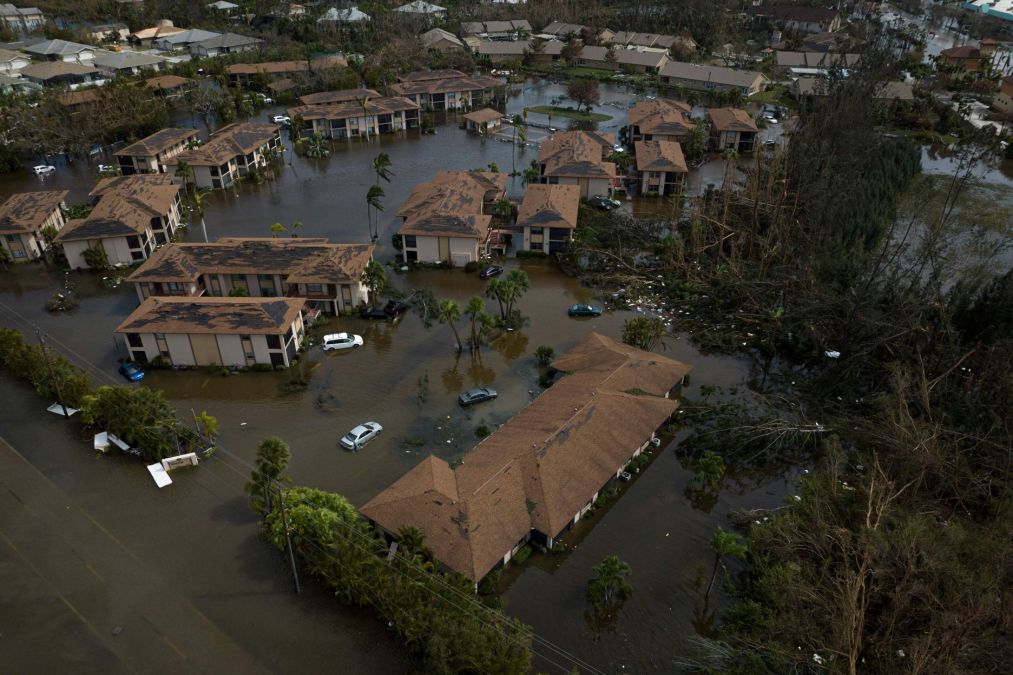As Hurricane Ian rages, FCC issues new guidance on emergency alerts

In the wake of Hurricane Fiona, and as Hurricane Ian rips through Florida, the Federal Communications Commission on Thursday urged broadcasters and managers of emergency alert systems to stop transmitting alerts from legacy systems and switch to its newer internet-based system.
The FCC announced updates on Thursday to its Emergency Alert System designed to improve the accuracy of alerts shared on TV and radio. Keeping communication networks open and ensuring they deliver accurate information can save lives, FCC Chairperson Jessica Rosenworcel said in a statement.
“When we turn on the television screens to get information about an impending weather event or other disasters, there is both a recorded Emergency Alert System message and a text crawl,” Rosenworcel said. “To avoid confusion, this should be the same information. But because of the nature of legacy television architecture, the recorded message does not always match the visual text. It often contains less information and this has resulted in problems, especially for people with disabilities who may be uniquely vulnerable in disaster situations.”
To solve this problem, the FCC is now requiring its Emergency Alert System participants to check whether its newest, internet-based protocol — called the Common Alerting Protocol, or CAP — is available to them. If it is, the FCC recommends that this version be used to provide more accurate and detailed information.
FCC Commissioner Geoffrey Starks said in a statement that even if an agency is not using CAP, it’s “still important that our Emergency Alert System participants begin to check for these alerts, to future-proof the system going forward.” Starks said the new rules represent “common-sense updates” that will benefit millions of Americans by providing clearer and more detailed information during emergencies.
“These actions matter because they modernize a key system for disaster response,” Rosenworcel said. “There’s a pattern here. Climate change is making storms more frequent, more dangerous, and more damaging. We need to respond in kind.”
The FCC activated its Disaster Information Reporting System for Hurricane Ian in Florida on Tuesday. The system is a voluntary, web-based platform that communications providers can use to report communications infrastructure statuses and information during times of crisis. According to the latest report, published on Sept. 29, more than 10% of cell phone sites in areas affected by Hurricane Ian are out of service.






